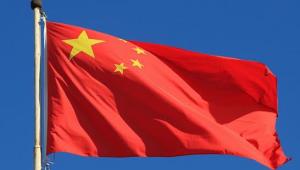Web_GreenhouseGasses_shutterstock_314808188.jpg

Greenhouse emissions. ©Shutterstock
A draft agreement for the Carbon Border Adjustment Mechanism (CBAM) was approved by the bloc yesterday, to ensure that nations importing products buy carbon certificates matching taxes for the same price as the tax they would have paid if they had produced the goods in the European Union.
It is aimed at stopping ‘carbon leakage’, which allows companies to transfer production to nations outside the EU with more lax regulations to avoid paying taxes.
French finance minister Bruno La Maire said: “It will give us a tool to speed up the decarbonisation of our industry, while protecting it from companies and countries with less ambitious climate goals.
“It will also incentivise other countries to become more sustainable and emit less.
“Finally, this mechanism responds to our European ambitious strategy that is to accelerate Europe’s energy independence.”
The bloc has proposed a €150 exemption on products imported to the EU, because of their negligible impact on greenhouse gas emissions.
Companies would be exempt from the additional charge if they have already paid a carbon tax on good produced for consumption in the EU, the bloc added.
The European Council also proposed creating a “climate club” which will allow the bloc to discuss carbon tax options for non-EU countries.
The EU said it will gradually introduce the CBAM and that it will be initially targeted at selected goods with high carbon risks, including iron and steel, cement, fertiliser, aluminium and electricity generation.
It will develop a reporting system in 2023 to include all products liable for the additional charge, with importers expected to pay the levy from 2026.
Last year, the United Nations warned that a tariff on carbon-intensive goods entering the European Union could disadvantage developing economies.













